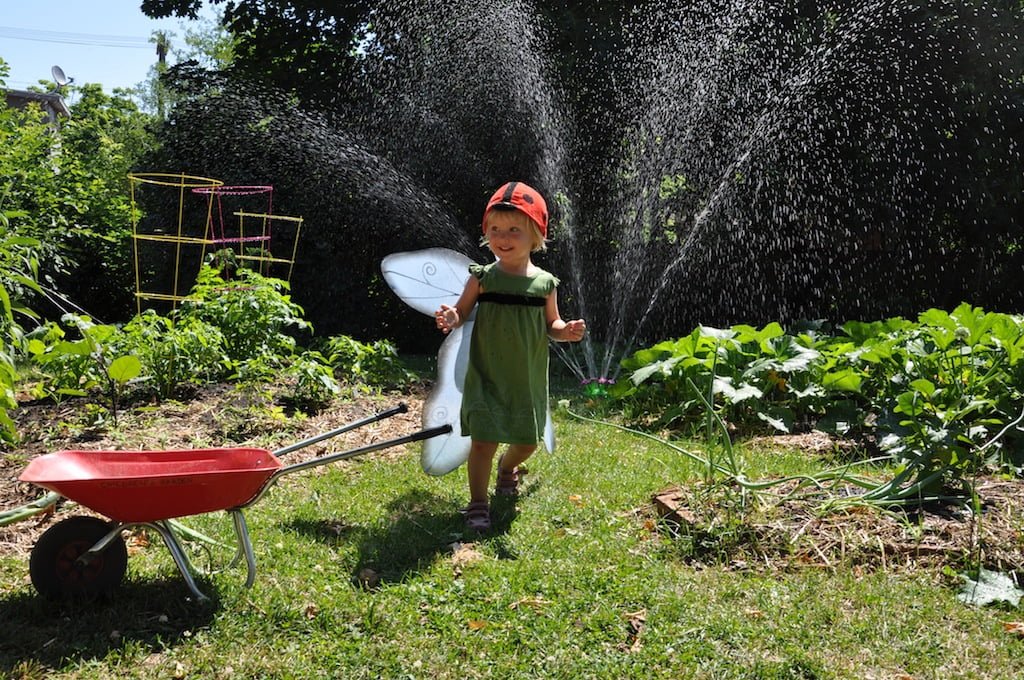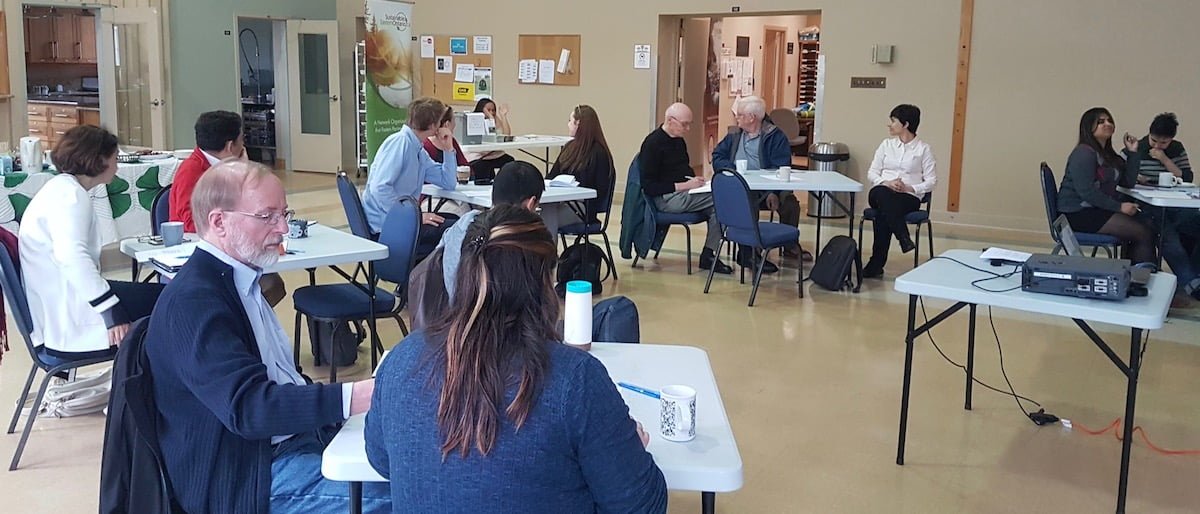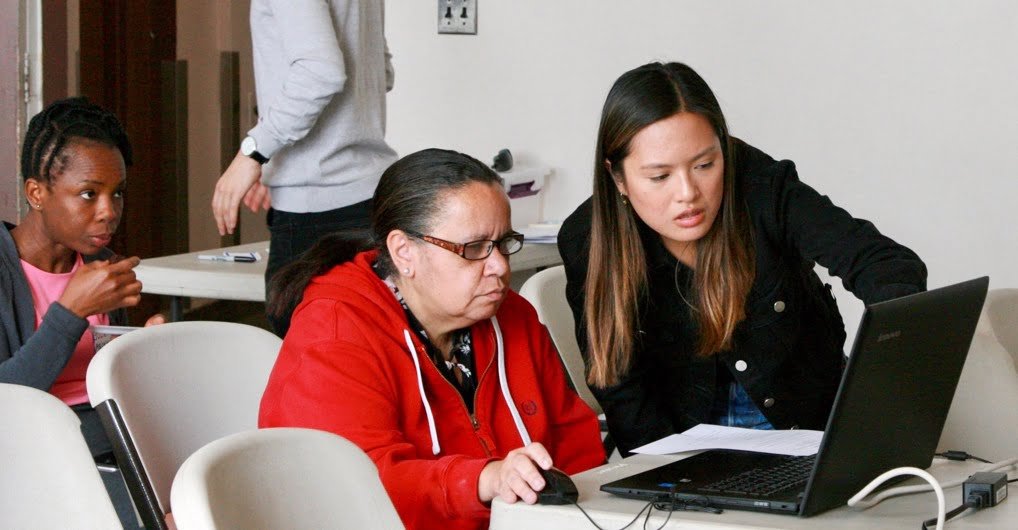Engagement includes Understanding, Involvement, Innovation and Sharing
Tools make it easier to engage people in activities for sustainability. They use BEC Themes to focus discussions and actions. All Tools address four aspects of engagement:
- Understanding (of sustainability)
- Involvement (in an activity)
- Innovation (building on previous work)
- Sharing (of lessons and ideas)
Sharing is particularly important, because it supports the other three aspects of engagement. Sharing helps people to learn more, reveals ways to get involved, and allows people to build on each other’s experience. As explained in Culture of Sustainability, engagement will impact key sectors, moving society quickly towards sustainability.
Here are explanations of the five Tools:
Database of Sustainability Projects
Database shares summaries of sustainability projects
A Database of sustainability projects tells people what is happening. It is organized by Theme, to cater to people’s interests. The Database is strong on sharing but supports other aspects of engagement too:
- Understanding – It is a good “primer” to learn about sustainability
- Involvement – Viewers may contact organizations in the Database
- Innovation – People can build on ideas in the Database

Project in Ottawa Biosphere Eco-City Database. Leader: B. Hillary. Screen Shot
Sustainability Plans
Sustainability Plans offer choices on actions to take
A sustainability plan is an agenda for action that people create together for a school, community or other organization. It identifies issues, and suggests projects to address them, for each of the 10 Themes of Sustainability. In the plan are all types of projects, from easy to more challenging, for individuals and for groups. Everyone using the plan is encouraged to choose their own sustainability project.
In Ottawa, Canada, training manuals were given to volunteers leading discussion groups for Sustainability Plans. This and other material may be requested through the Contact button on the home page. These are listed on the “About” page.
The Ottawa BEC initiative created School Sustainability Plans for over 6,000 students at five schools, and Community Sustainability Plans for over 82,000 residents in four neighbourhoods. Business Sustainability Plans are a future option.
In the process of developing these plans, Ottawa BEC trained dozens of volunteers (including students) to lead discussions gathering input for the plans. Free training material on Sustainability Plans may be requested through the Contact button on the home page.

Part of All Saints School Sustainability Plan, developed by Grade 7 Students. Screen shot.
Here are ways in which Sustainability Plans support the four aspects of engagement:
- Understanding – Discussions to create the plan increase understanding of sustainability issues and opportunities
- Involvement – Many projects options make it easy to get involved
- Innovation – The diversity of inputs leads to innovative projects
- Sharing – Ideas are shared among schools, communities etc.
Demonstration Projects
Demonstration Projects show methods for sustainability
These projects reveal methods used to increase sustainability. Here are a few examples:
- Ottawa Sustainability Tour – This self-guided tour represents the 10 Themes of Sustainability at ten sites. Created by over 60 volunteers from dozens of organizations, the tour has been popular with international visitors too. The tour guide is free: [http://obec-evbo.ca/bec-tool-2-demonstration-projects]
- Toronto Sustainability Tour – Using the “Handbook on How to Create a Self-Guided Sustainability Tour, for Your City or Town” (available free on request) – Ryerson University created a very attractive tour for Toronto, Canada.
- Sustain Your Community – An Ottawa organization used five BEC Themes to create community sustainability projects in three communities: urban, suburban and rural. Projects were well received. For example, one community created the following:
- Assessment tool for energy efficiency of local houses;
- Bicycle map for use by families and bicycle commuters;
- Weekly farm stand and community supported agriculture;
- Annual bicycle safety course throughout the community;
- Solar water pump for a new community garden;
- Monthly Good Food Box of affordable, nutritious food;
- Restoration of a park in the heart of the community.
- Pinecrest Creek Restoration – Ottawa BEC joined Carleton University, Algonquin College and the City of Ottawa to present options for watercourse restoration and development at a future transit hub. This exciting workshop of ideas focused in particular on BEC Themes of Design, Natural Capital and Transportation.

Children’s garden on Ottawa Sustainability Tour. Photo: K. Breen
Here are ways in which Demonstration Projects support the four aspects of engagement:
- Understanding – Showing methods that achieve sustainability
- Involvement – Building interest and showing ways to engage
- Innovation – Learning about methods can lead to innovation
- Sharing – Demonstration is an effective form of sharing.
Sustainability Stakeholders Council
Council shares ideas and takes action on sustainability
This forum allows any organization to discuss ideas and take action on
sustainability. For example, Aboriginal groups, business people, citizens groups, city officials, educators, environmental groups, farmers groups, seniors associations etc. would all be welcome.
A Sustainability Stakeholders Council may do the following:
- Share information and ideas on sustainability
- Identify issues and propose projects to address them
- Create partnerships for research and action
Ottawa BEC formed a Council of Stakeholders in 2009. But to better serve the community, this was re-created in 2019 as an external organization – Ottawa Sustainability Stakeholders Council (OSSC).

Ottawa Sustainability Stakeholders Council. Photo: K. Norman
The first two semi-annual meetings in 2019 each attracted over 30 participants from various organizations. They advanced proposals on Energy, Food, Habitat, Waste and Sense of Place. In 2020, with COVID-19 closures, OSSC switched to virtual meetings and has added proposals for indoor air quality protocols and neighbourhood sustainability tours.
Here are some ways a Sustainability Stakeholders Council supports engagement:
- Understanding – Presentations educate participants
- Involvement – Individual guests may join member organizations
- Innovation – The variety of approaches leads to innovation
- Sharing – Discussions, networking and reports share information
Public Workshops on Themes
Theme workshops, each explore a single Theme of Sustainability, and attract interested people. For example, Ottawa BEC’s 2011 workshop on Agricultural Biodiversity, with local and national speakers, drew 52 people. In 2014, Ottawa BEC organized a Food workshop in the Town of Smiths Falls. This was a catalyst for local initiatives that have led Smith Falls becoming known as an innovative centre for sustainable food.

Transportation Workshop. Photo: Y. Zhang
Later Ottawa BEC workshops on Themes of Health, Sense of Place, Waste, Habitat and Transportation, have attracted a broad range of speakers and participants.
Here are some tips for a successful Theme workshop:
- Invite speakers who are experts on aspects of the Theme
- Choose an easily accessible location and advertise well
- Hold table discussions after the presentations
- Seat speakers at different tables to stimulate discussions
- Widely circulate a good meeting report
These are ways in which Theme Workshops support engagement:
- Understanding – People come to learn and speakers teach them
- Involvement – People exchange contact information
- Innovation – Active discussions blend many ideas
- Sharing – Speakers’ literature and workshop notes are shared.

